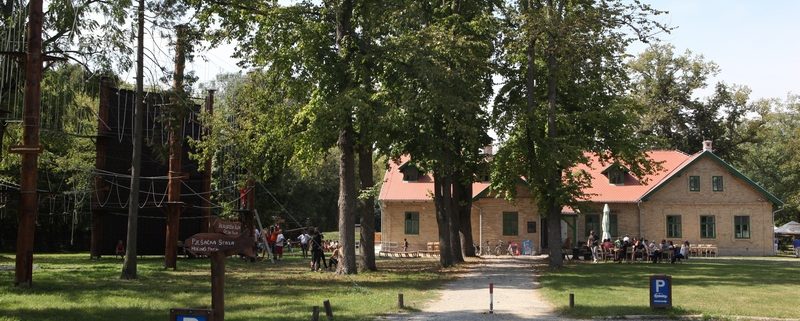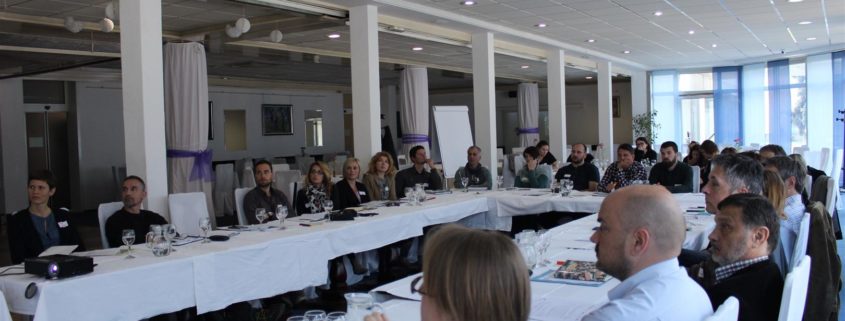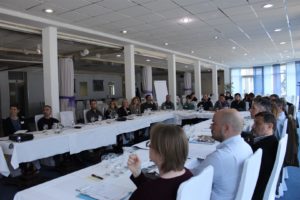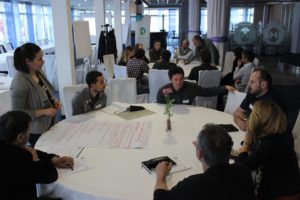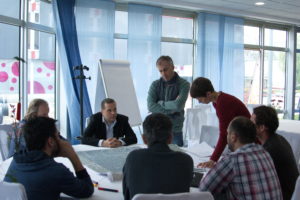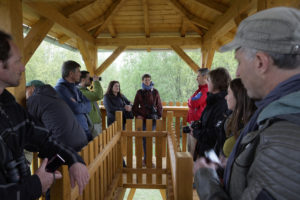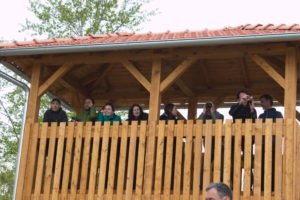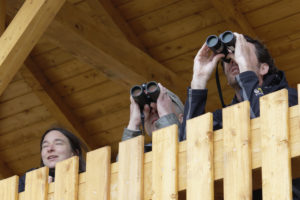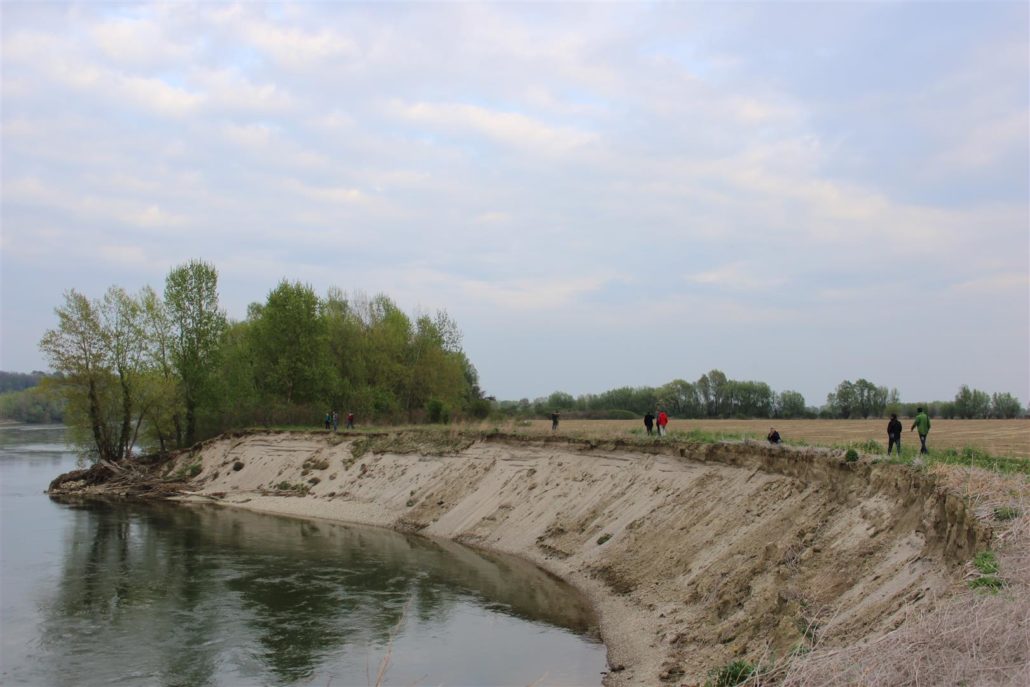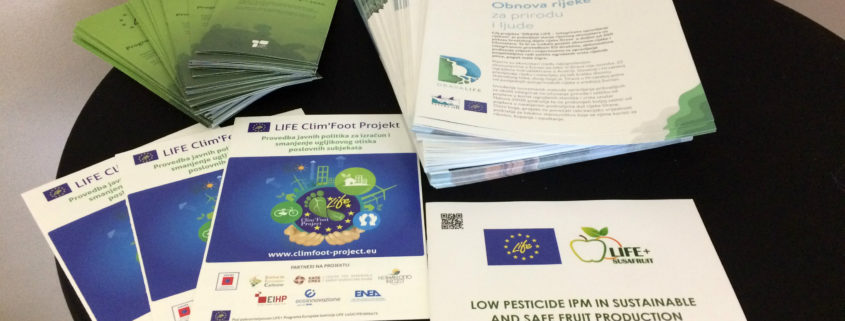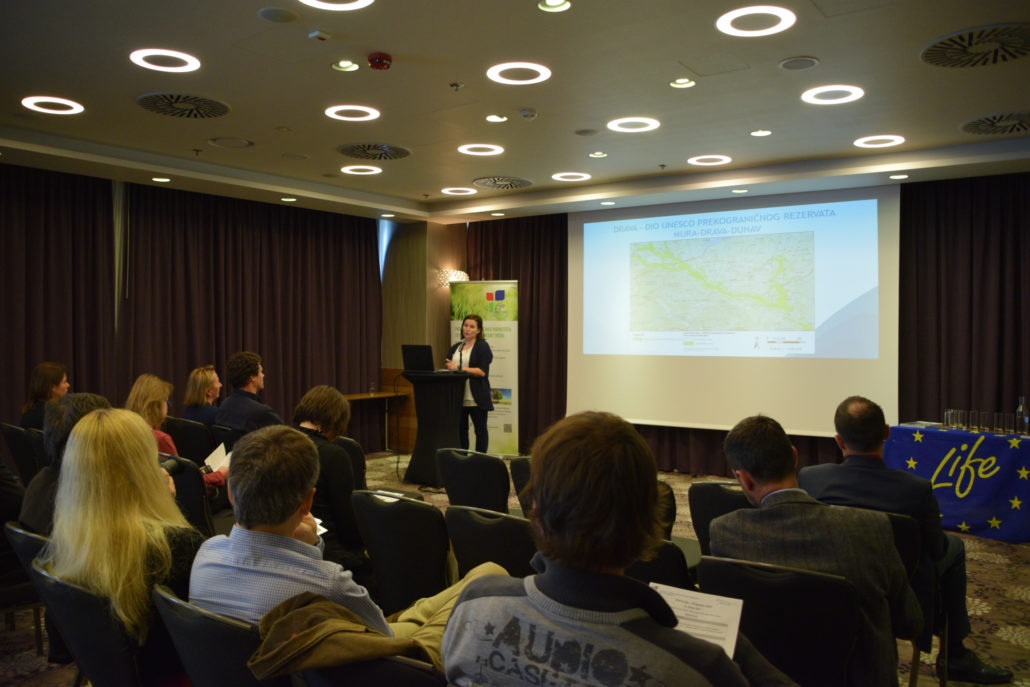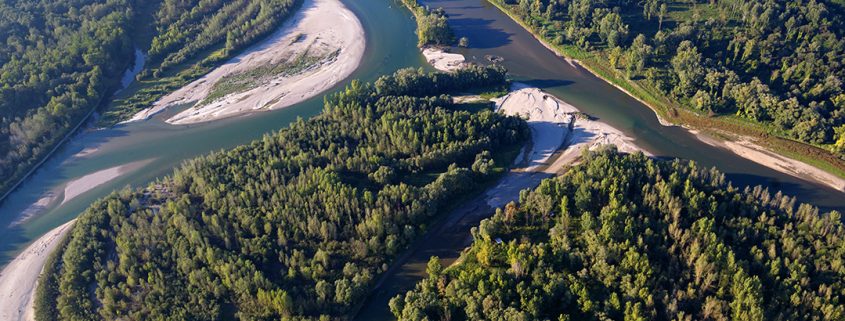Zagreb – “DRAVA LIFE – integrated river management” is the first EU LIFE project of river restoration in Croatia. In the first year of the project, which is full of challenges, but also rewarding with the first results, the partners have focused on creating a solid organizational structure, getting conservation and technical experts on board for the planning of the actions, development of communication materials for public such as web page https://www.drava-life.hr/en/home/, and learning about best international practices in river restoration in Europe.
River ecosystems and the species that depend on them are among the most endangered in Europe and the world. The Drava River is also intersected by 22 hydropower plants in Austria, Slovenia and Croatia, leaving only a short section of 300 kilometres of free flow in Croatia till the confluence with the Danube. The objective of this 5-year European LIFE project is to improve the state of its ecosystems and natural resources.
“Restoration of side arms of the Drava will provide better flood protection within the existing floodplain areas, and contribute to the local lowering of the water levels during high water, and minimize the risk of floods in inhabited areas along the river. The project will also have a positive impact on groundwater supplies because revitalization will improve infiltration of river water in underground aquifers, which will help to stabilize the reduced groundwater levels,” said Zoran Đuroković, General Manager of Hrvatske vode.
The DRAVA LIFE project will restore 1000 meters of river banks, create 13 hectares of new dynamic river zones with natural shores, rebuild 15 kilometres of side arms and improve 300 hectares of floodplain forests. In order to learn about best practices in river restoration in Europe, partners visited the upper Danube in Austria in October last year, where they managed through continuous work on LIFE project to significantly improve the ecological state of the river and its tributaries, to stop the trend of declining numbers of fish and birds, and to bring back endemic species, which is the goal of the project also in Croatia.
Slaven Dobrović, Minister of Environment and Energy, has highlighted? the DRAVA LIFE project as an example of good practice in ecological flood management based on the use of natural flood areas, in the world known as the “river space”. “The main objective of the project is to improve the ecosystem of the river Drava in Croatia. Restoration measuresd will be of immense benefit to threatened habitats and species in Natura 2000 areas and will contribute to better protection against floods in populated areas along the Drava river and increase the recreational value of the area,” said Minister Dobrović.
The association Green Osijek is coordinating the project that is one of the first in Croatia that brings together public sector and civil society organisations, nature conservation and water management in the cross-sectoral cooperation for better protection and restoration of river habitats. “The project is important because of its innovative character of the seven restoration sites that will use different methodology to improve and revitalize the river habitats, its banks, backwaters and wetlands. In addition to the restoration actions project popularizes nature protection in local communities and increase the understanding of the importance of its preservation,” said Jasmin Sadiković, project coordinator from the Association for nature and environment protection Green Osijek.
An extremely important part of the project is to raise awareness of the public and local residents about the importance of natural and preserved river for man and living creatures that depend on them. “Through high-quality communication materials and a comprehensive web site, our aim is to reach as many people as possible so they get familiar with this important project for the river Drava and the people who live along it. Through the organization of various events, exhibitions, setting the educational infrastructure in the form of an educational center and trails with informative panels, we will connect local residents with the project to improve their knowledge of the Natura 2000 network, particularly on protected river birds,” said Branka Španiček, project officer in WWF Adria
Public institutions for nature protection of Virovitica-Podravina, Varaždin and Koprivnica-Križevci County, which are partners in the project, emphasize the importance of positive experiences in the promotion of inter-sectoral cooperation and opportunity to visit best EU LIFE projects in other countries to learn and transfer best practices to Croatia.

